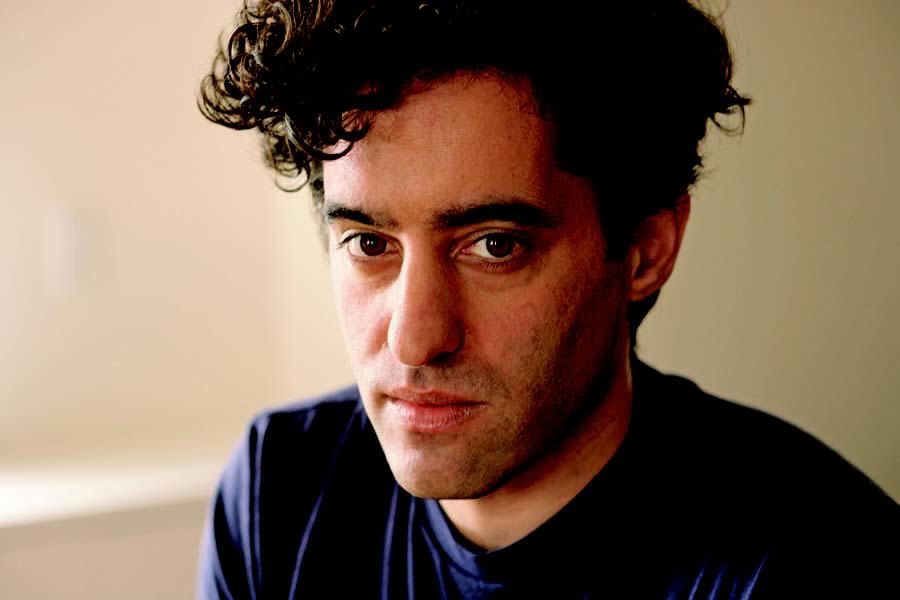
My apologies for neglecting the Salute Your Shorts feature for so long. It's especially odd given that I've probably been reading more short stories than normal the last few weeks (one day I need to write about the substantive ways that having a Kindle changed my reading habits). But I wanted to kick off with "Free Fruit for Young Widows," a story that continues to haunt me long after reading it.
I am going to try and avoid spoilers as much as possible in the review, because I sincerely believe that you should read the story.
ON WITH THE STORY
When the Egyptian President Gamal Abdel Nasser took control of the Suez Canal, threatening Western access to that vital route, an agitated France shifted allegiances, joining forces with Britain and Israel against Egypt. This is a fact neither here nor there, except that during the 1956 Sinai Campaign there were soldiers in the Israeli Army and soldiers in the Egyptian Army who ended up wearing identical French-supplied uniforms to battle.
-"Free Fruit for Young Widows," by Nathan Englander. Story can be read for free at the New Yorker's website.
That's one hell of an opening paragraph, no? I had to read it three times to fully appreciate its elegance. From this broad sweep, we close in on the actions of one Professor Tendler, whose story is told through the eyes of Shimmy Genzer and his son, Etgar.
Nothing happens as you'd predict: as Englander shares with us Professor Tendler's parallel acts of brutality, we're never entirely privy to what makes Tendler tick, which makes him as fascinating to us as to young Etgar.
Tendler is presented to Etgar almost like a character in a folk-tale, aiding in the story's surreality given that his actions are larger than life, and yet, to Etgar, he's just this man who comes and gets free fruit from his father's stand.
For Etgar is about to become a man, and the decisions that Tendler makes to survive are the decisions that a real man must make. Or so Shimmy presents the story. But we learn much about their characters by how reluctant Shimmy is to tell Etgar the truth of the story, and we learn what sort of man Etgar will be by his reaction.
Englander does not judge Tendler for us within the story, but I believe he challenges us to, one way or the other. Personally, I'm on Etgar's side, but then I've never experienced such horror as Tendler.
But then again, none of the killings in the story occur on the fields of battle, which invites to make a legal judgment on top of our moral and survivalist judgments.
Here's an interview with Englander about the story:
http://www.newyorker.com/online/blogs/books/2010/05/this-week-in-fiction-nathan-englander.html
Tell me what you think!

